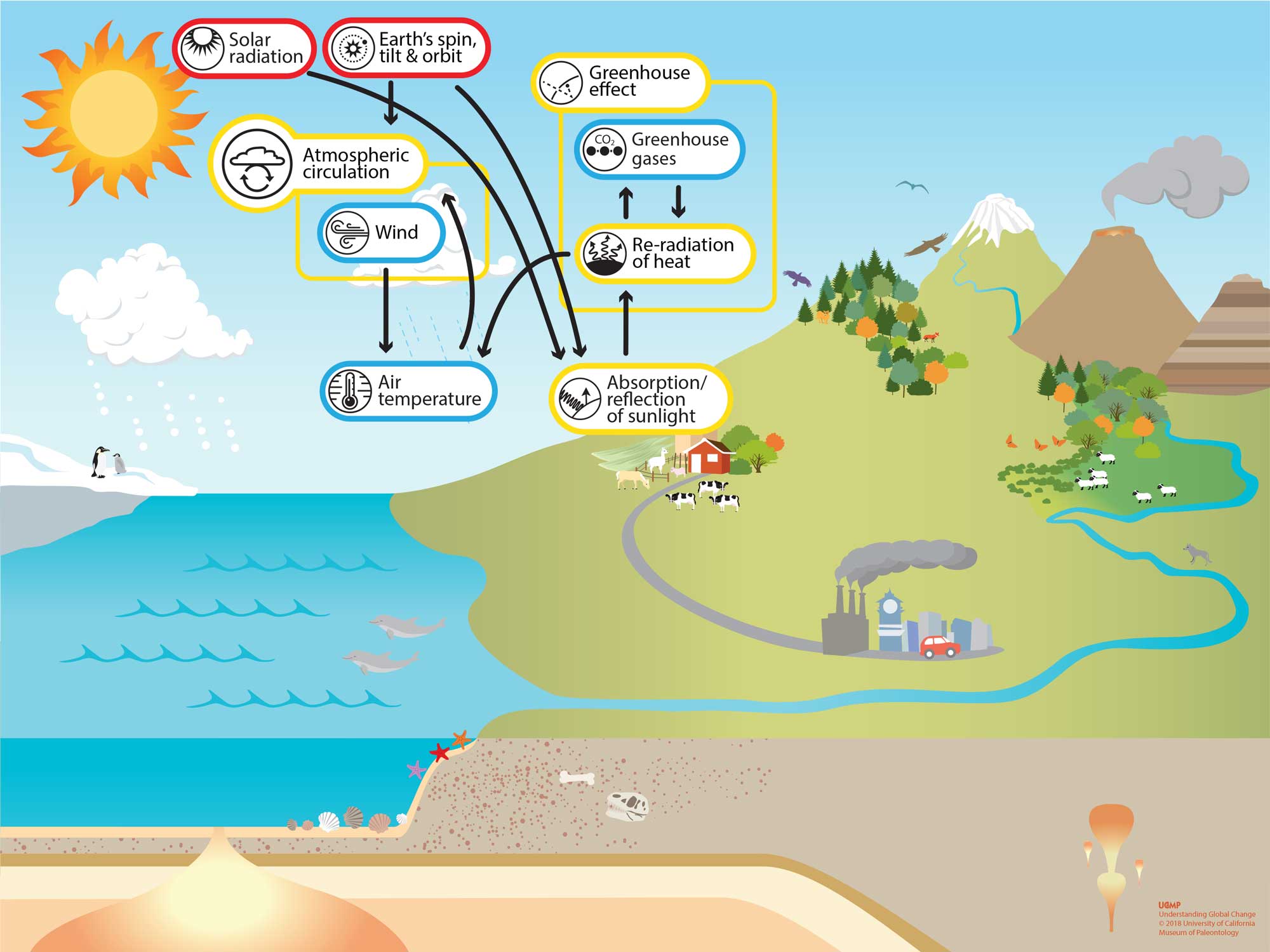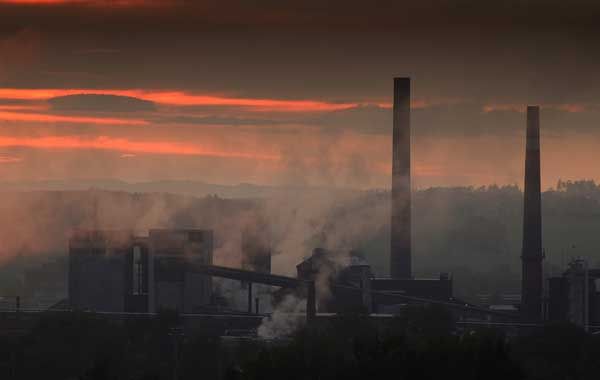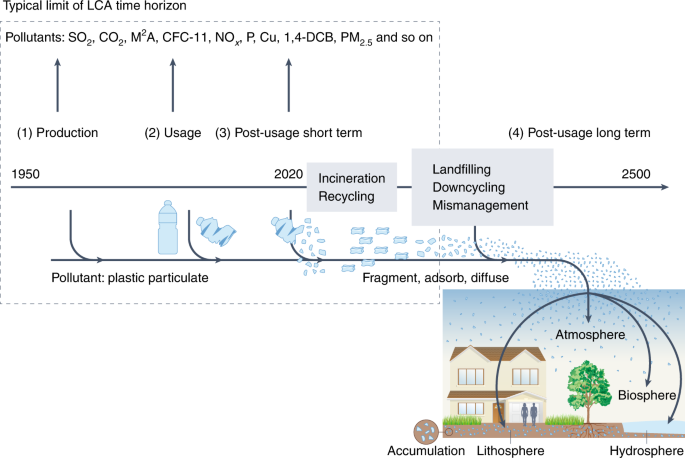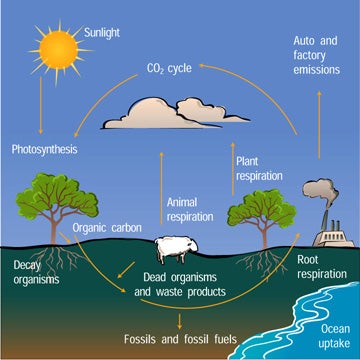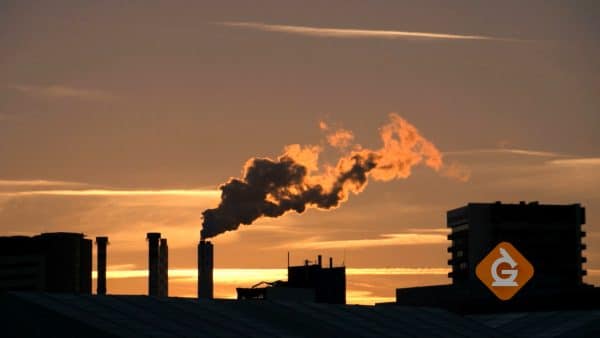Pollution is the introduction of harmful substances or products into the environment. It is a major problem that affects the biosphere, including the air, water, and soil, as well as all living organisms that rely on these resources for survival. The effects of pollution on the biosphere can be devastating, leading to the loss of biodiversity, degradation of natural habitats, and ultimately, the collapse of entire ecosystems.
One of the most significant ways in which pollution affects the biosphere is through the contamination of the air. Air pollution is caused by the emission of harmful substances such as carbon dioxide, sulfur dioxide, and nitrogen oxides into the atmosphere. These substances can come from a variety of sources, including industrial and transportation emissions, power plants, and household appliances.
Air pollution has a number of negative impacts on the biosphere. It can cause respiratory problems in humans and animals, including asthma, bronchitis, and lung cancer. It can also damage crops and forests, leading to reduced productivity and loss of natural habitats. In addition, air pollution can contribute to climate change by increasing the concentration of greenhouse gases in the atmosphere, leading to global warming and other environmental changes.
Water pollution is another major problem that affects the biosphere. Water pollution occurs when harmful substances, such as chemicals, nutrients, and microorganisms, are introduced into bodies of water. These substances can come from a variety of sources, including agricultural runoff, industrial waste, and sewage.
Water pollution can have a number of negative impacts on the biosphere, including the contamination of drinking water sources, the death of aquatic plants and animals, and the degradation of natural habitats. It can also affect human health, as contaminated water can cause a range of illnesses, including diarrhea, cholera, and typhoid fever.
Soil pollution is another form of pollution that affects the biosphere. Soil pollution occurs when harmful substances, such as chemicals and heavy metals, are introduced into the soil. These substances can come from a variety of sources, including agricultural practices, industrial activities, and household waste.
Soil pollution can have a number of negative impacts on the biosphere, including the contamination of food sources, the death of plants and animals, and the degradation of natural habitats. It can also affect human health, as contaminated soil can lead to the contamination of food and water sources.
In conclusion, pollution is a major problem that affects the biosphere in a number of ways. It contaminates the air, water, and soil, leading to the loss of biodiversity, degradation of natural habitats, and ultimately, the collapse of entire ecosystems. To protect the biosphere, it is important to reduce pollution and adopt sustainable practices that minimize the impact of human activities on the environment.
